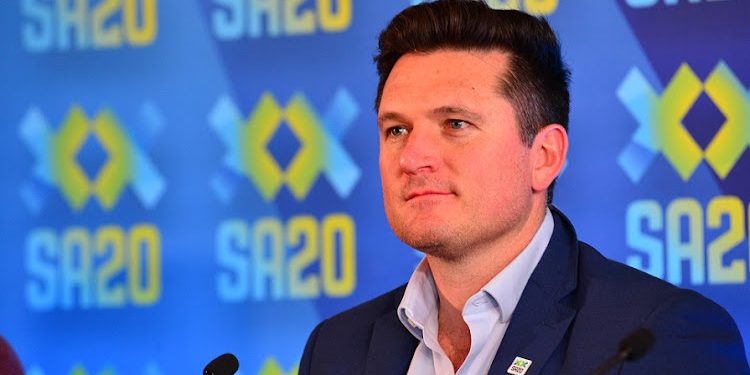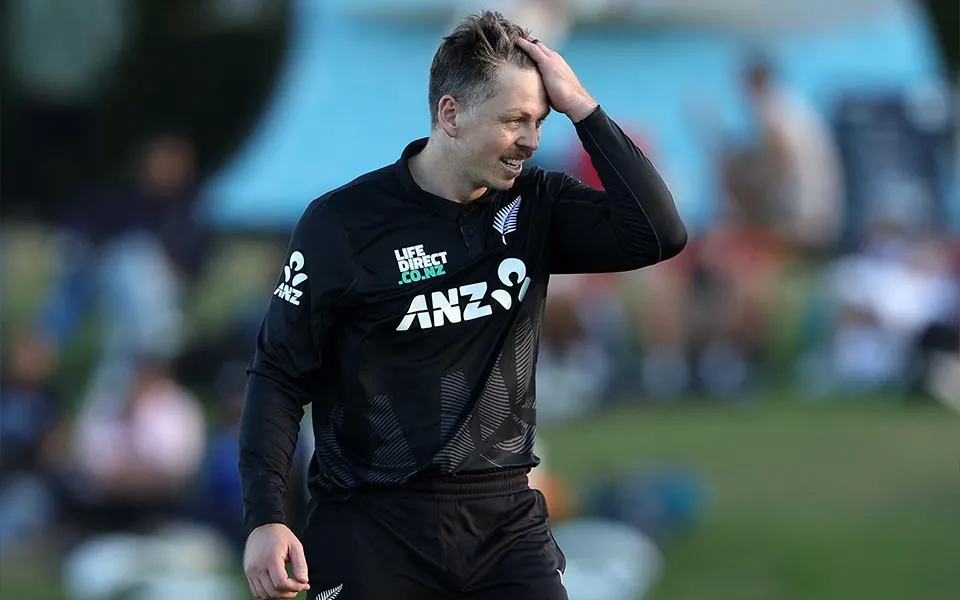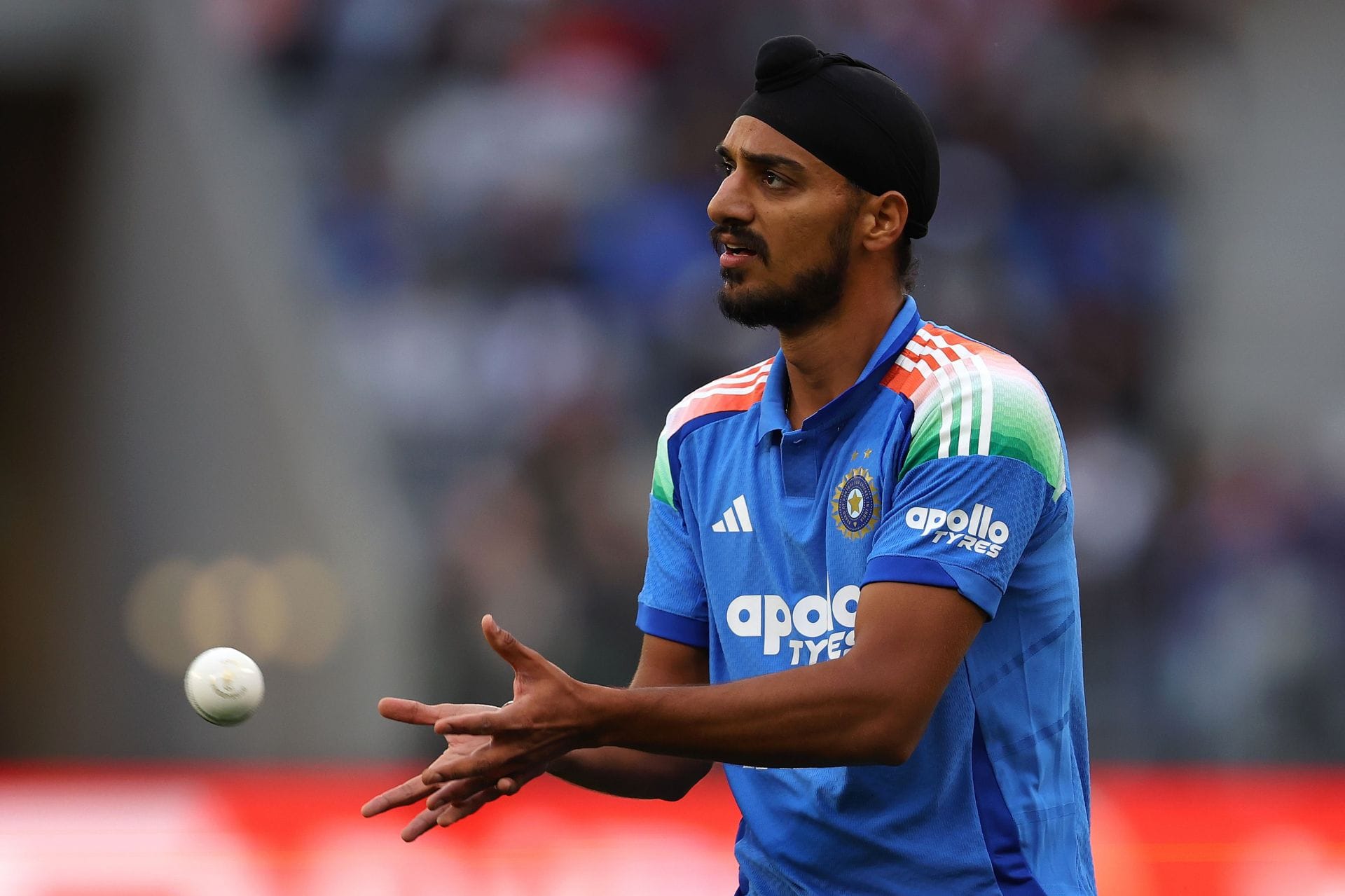Against a backdrop of ostentatious leagues and high-profile cricket matches, South Africa’s SA20 league is a monument to the quality of its domestic players.
Graeme Smith, the commissioner of the league and one of the most successful Proteas captains, voiced confidence in the SA20’s ability to withstand the talent drain that other leagues experience due to their emphasis on domestic players.
“If you stand back, you can see that our league is primarily South African. When we play XIs, most of our players are from South Africa. We are fortunate to have a great international talent interested in portraying her. Smith emphasized the league’s dedication to developing local cricket talent when he said, “When we were building SA20, there was no confidence in South African cricket that we could pull it off at this level,” as cited by ESPNcricinfo.
He recognized the difficulties, like last-minute withdrawals because of overseas obligations, but he also pointed out the league’s astounding development in just two years.
But that’s what we’ve done. Future tour programs, or FTPs in international cricket, are challenging. The day before the playoffs, Noor Ahmad was benched due to his selection for Afghanistan. However, it’s astounding to see what we’ve produced in just two years. We’ve seen a shift from international talent not supporting our league to their wanting to be involved,” he continued.
Despite all the odds, the SA20 has become a profitable franchise T20 competition for South Africa. Graeme Smith emphasized the distinctive makeup of the league’s players, noting that just 37 of the 99 players who have appeared in at least one game are international players. This is in sharp contrast to the International League T20 (ILT20), which is more vulnerable to schedule problems due to its heavy reliance on foreign players.
“The challenge with ILT20 is they are consuming nine or ten international players per playing XI plus squad members, so it’s a lot of players to keep the ship moving,” he stated.
Smith rejected the notion of putting additional limitations on player availability, even though he acknowledged the recent ICC cap on international players in T20 competitions.
Talent is extremely tough to confine. The world game is challenged by the NOC conversation alone. It’s far more difficult than me responding to you right now in a lawful manner and taking into account everything else,” he continued.
Smith notes that a potential matchup with the Champions Trophy in late February or early March of next year is a significant worry for both the SA20 and the ILT20. Smith adopts a practical approach, highlighting the necessity of taking into account all relevant aspects and working with the ICC and CSA to make decisions based on verified evidence when it becomes available.
Smith stated, “We will have to take everything into account.” “The dates for the Champions Trophy are subject to change. After we have verified evidence, we will collaborate with the ICC and CSA to make well-informed judgments.”
This scheduling conflict never ought to have arisen. Graeme Smith
Smith reflected on previous scheduling difficulties and expressed disappointment over conflicts with international fixtures. The SA20 had previously accommodated South Africa’s World Cup Super League ODI series against England and a Test series in New Zealand. Smith bemoaned the problems with scheduling.
“This scheduling conflict wasn’t supposed to occur. It’s depressing. We find what transpired to be disappointing. And in order to ensure that it doesn’t happen again, we must cooperate,” Smith continued.
Smith brought up the difficulties that organizations like Cricket West Indies (CWI) confront in response to more general worries about financial inequalities in cricket. He referenced CWI CEO Johnny Grave, who pointed out that despite an outstanding Test victory in Australia, there had been financial losses. Smith echoed recent suggestions for a more egalitarian arrangement made by the MCC World Cricket Committee, calling for bilateral talks to resolve revenue sharing difficulties.
“The problems go well beyond this schedule conflict. After an amazing Test victory (in Australia), we heard (CWI CEO) Johnny Grave speak, and they lost over a million bucks on that trip,” Graeme Smith continued.
These conversations must take place on a bilateral basis. Only when you do tours can you make money. India is the team that plays the most cricket, although many other teams make substantial money by traveling. However, how can a SA or a WI maintain the strength of all three formats outside of the top three?” He came to an end.

![[WATCH] IND vs NZ 2026: Virat Kohli playfully pushes Daryl Mitchell off the field after Indore ODI century 2 [WATCH] IND vs NZ 2026: Virat Kohli playfully pushes Daryl Mitchell off the field after Indore ODI century](https://cricketmood.com/wp-content/uploads/2026/01/post_image_b3dec83.jpg)
![[WATCH] Harshit Rana reveals how Rohit Sharma's golden advice earned him success 3 [WATCH] Harshit Rana reveals how Rohit Sharma's golden advice earned him success](https://cricketmood.com/wp-content/uploads/2026/01/ANI-20250206190-0_1738846506690_1738846615232.jpg)



